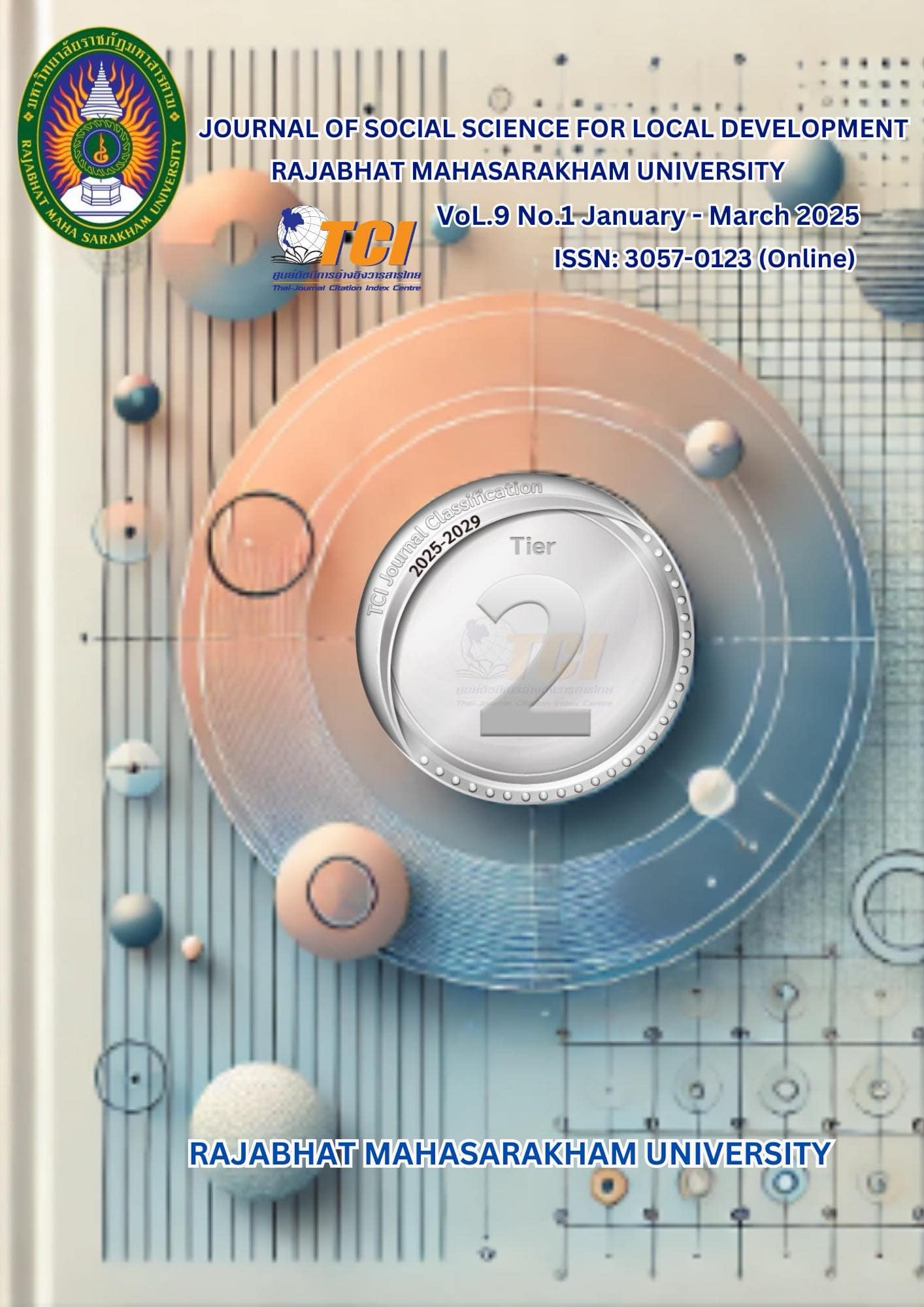Fundamental and Limitation in Applied of Mahatma Ghandi’s Swadesi Principle and Sufficiency Economy in Thai Society
Keywords:
Mahatma Ghandi, Sufficiency Economy, Thai SocietyAbstract
This research consists purposes were 1. to research Swadesi principle with the sufficiency economy philosophy 2. to compare Swadesi principle with the philosophy of sufficiency economy and 3. to examine the applying the philosophy of sufficiency economy. This research is qualitative studying and collecting data from various related documents and then analyzing the data collected from the documents in a content analysis. The research found that 1) Swadesi principle are based on (1) Opposing large-scale industrial production (2) Encouraging individuals to become producers themselves to reduce household expenses and achieve self-sufficiency (3) Advocating that the wealthy should act as trustees of societal wealth. In contrast the Sufficiency Economy Philosophy emphasizes resilience, moderation, and rational decision-making in life 2) When comparing both principles, it is evident that both Swadesi and the Sufficiency Economy Philosophy emphasize self-awareness. However, Swadesi explicitly opposes large-scale industrial production, while the Sufficiency Economy Philosophy does not reject industrial production and does not include a concept of wealth trusteeship. Instead, it allows reliance on industrial systems when self-production of essential goods is not feasible and 3) The application of Swadesi begins with raising awareness of societal problems, incorporating these issues into education and actively seeking solutions. In contrast the Sufficiency Economy Philosophy has not been systematically integrated into education, leading to a lack of public awareness and understanding of its principles and applications. Moreover, government policies have often contradicted the Sufficiency Economy Philosophy, particularly through the promotion of populist policies since 1997, which have shaped the national socio-economic development strategy.


